December 3, 2020
Austin Organic Gardeners: 75 Years Growing Good!
In response to the garden chemical craze after WW II, Josephine and Charles Huntley founded the Austin Organic Gardeners in 1945 with a passionate mission: grow soil health for healthy food. On AOG’s 75th anniversary, climate challenges and stressed water resources contribute to their educational mission, especially this year when the pandemic has led to ever-growing numbers of new gardeners.
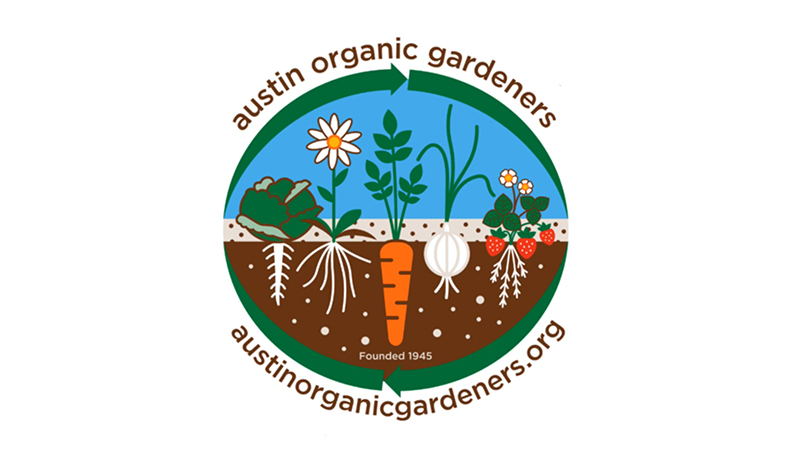
Once again behind the Zoom cam, I join AOG President Mary Kraemer who explains what organic gardening means and why it matters even more today.
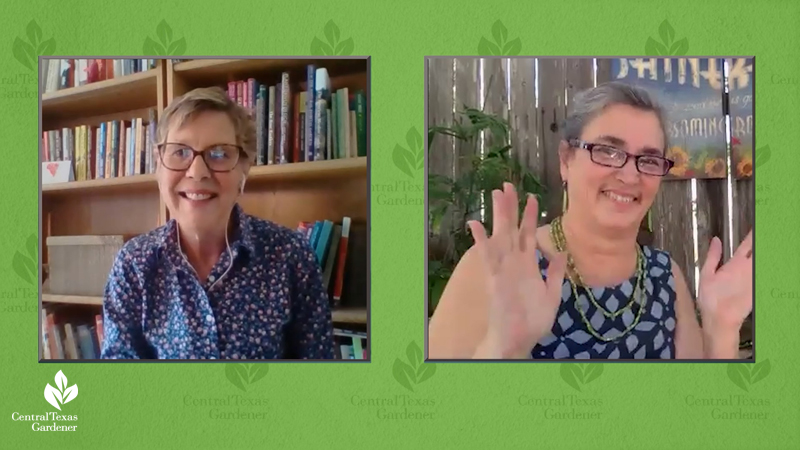
It goes beyond avoiding synthetic fertilizers and zapping every pest. It’s recognizing nature’s teamwork and supporting the organisms above and below ground that comprise the complex soil food web.
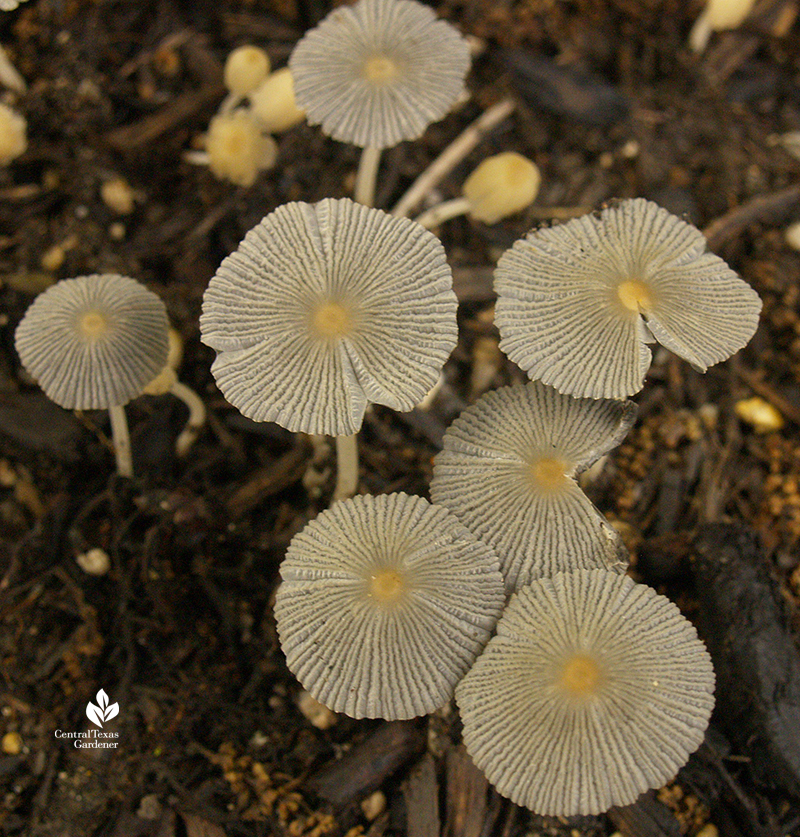
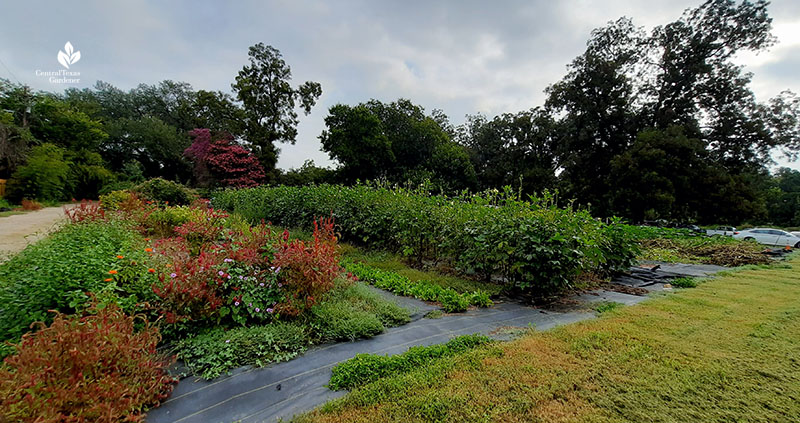
“Organic gardening is something I like to think of as a forest. You see the cumulation of the thick layer on the forest floor. And the trees have that great resource of all the leftover bark and rotting trees, manure, leaves, dead animals,” Mary says.
She refers us to the Rodale Institute for their extensive resources about how organic practices lead to responsible ecological stewardship that also helps plants better withstand our dramatic temperature swings.
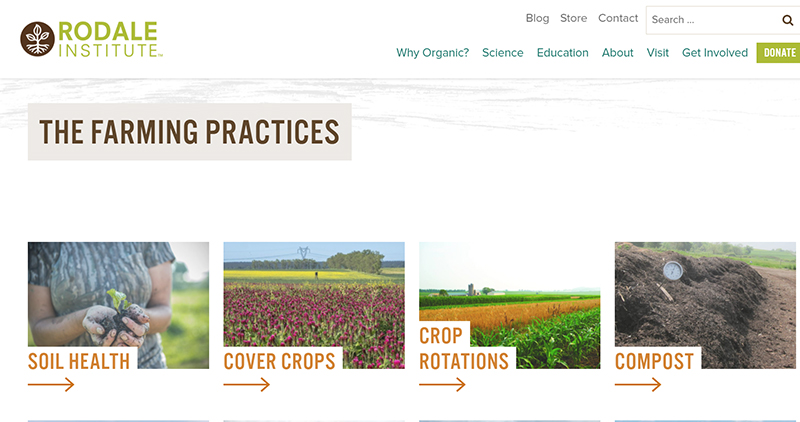
Soil tests reveal nutrient deficiencies that we can amend with organic fertilizers. But that’s a temporary solution. Compost supports soil microbes for on-going plant health and assists with water retention.
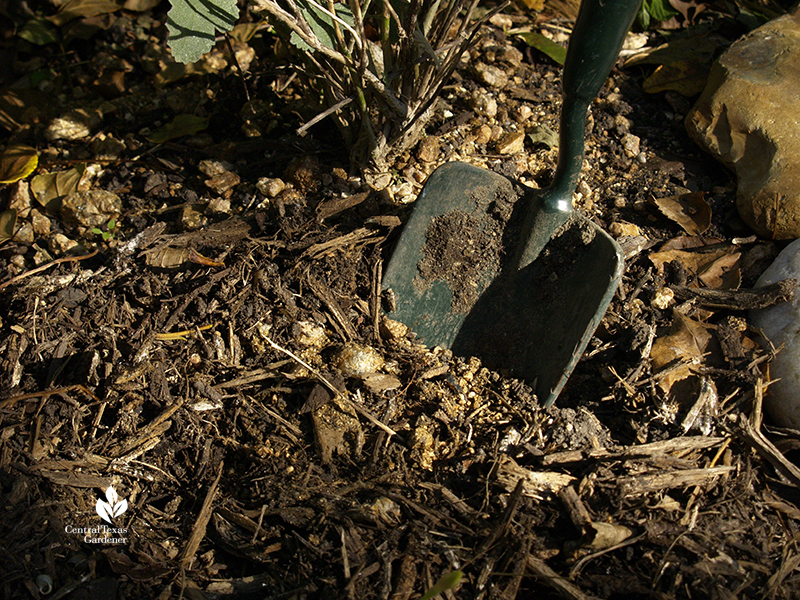
Mary champions the recent PBS series The Molecule that Made Us, the human story of our relationship to water, and how important it is that we become more cognizant about our water security. In her garden, she employs gray water, rain gardens, and rainwater catchment.
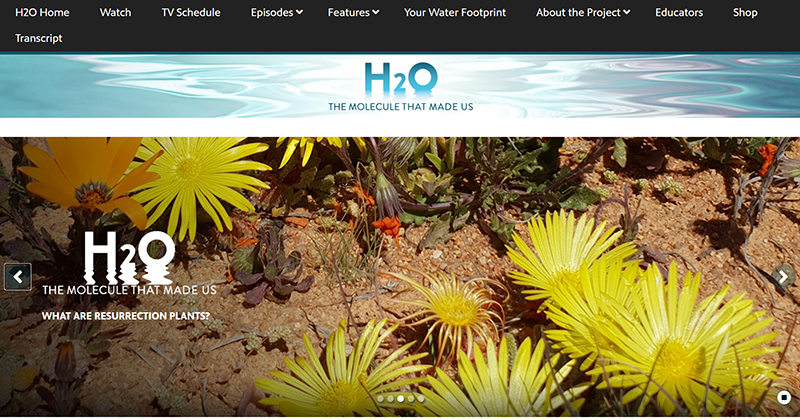
What’s your water footprint? Take this quiz to find out.
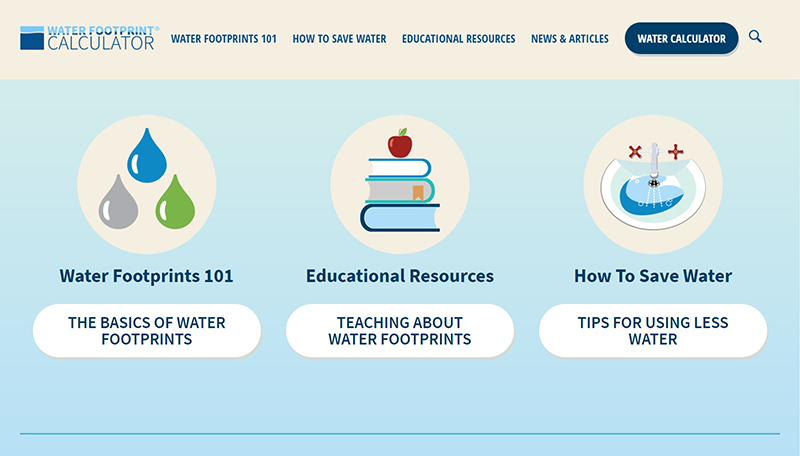
Now, about those “pests.” First, even if a pesticide is called organic, whether derived from plants (like Neem oil) or microbes (like Bacillus thuringiensis for caterpillar control), it doesn’t mean that it’s safe. Indiscriminate use can kill your beneficials, too, including bees and butterfly caterpillars, like this Swallowtail butterfly larva stripping leaves on bolting parsley. Bolting is when plants flower and go to seed. Those flowers attract countless pollinators.
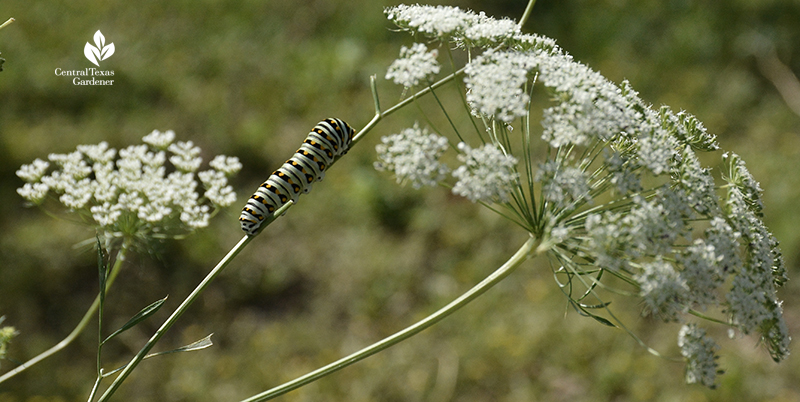
“It’s really important to be observant of what comes into your garden and know how you can get your needs met with your plants and the creatures that come to get their needs met as well. I really love the film, The Biggest Little Farm. They talk a lot about the balance you can achieve with nature in that farm,” Mary says. This one’s at the top of my watchlist!
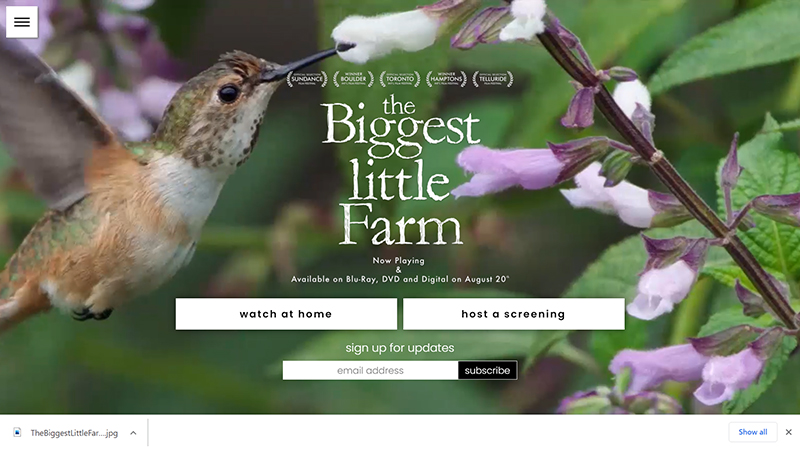
So, let’s think in terms of teamwork, where every creature contributes in its own beneficial way. That’s what author Sharon Lovejoy (beloved CTG guest) passionately encourages in a recent AOG Zoom meeting, advocating that we end the “us versus them” concept in the garden.
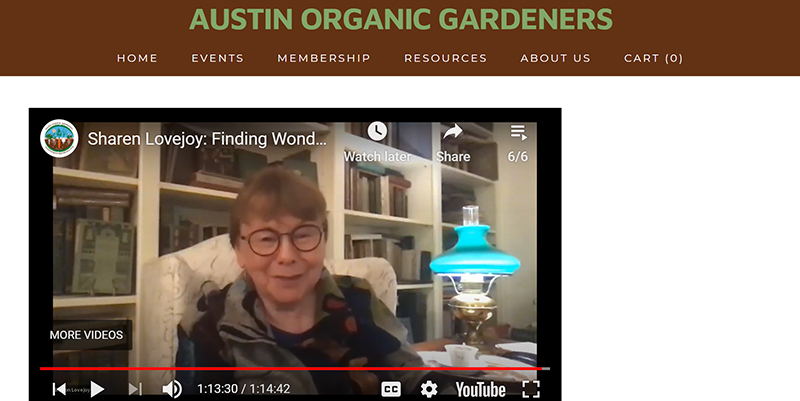
That’s been my philosophy for many years. I delegate to my busy little team that keeps things in balance while I’m at work. Ladybugs cleaned up these aphids so fast one spring that I was lucky to even get a picture.
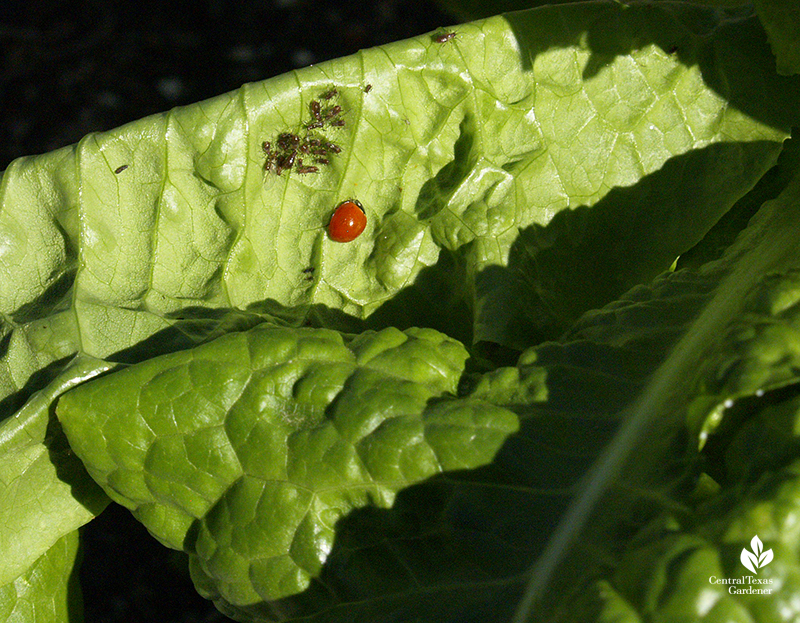
A few weeks ago, I spotted this wheel bug, a beneficial assassin bug. I don’t know if the insect just below it was the object of its dinner desire, but obviously it’s finding something to eat.
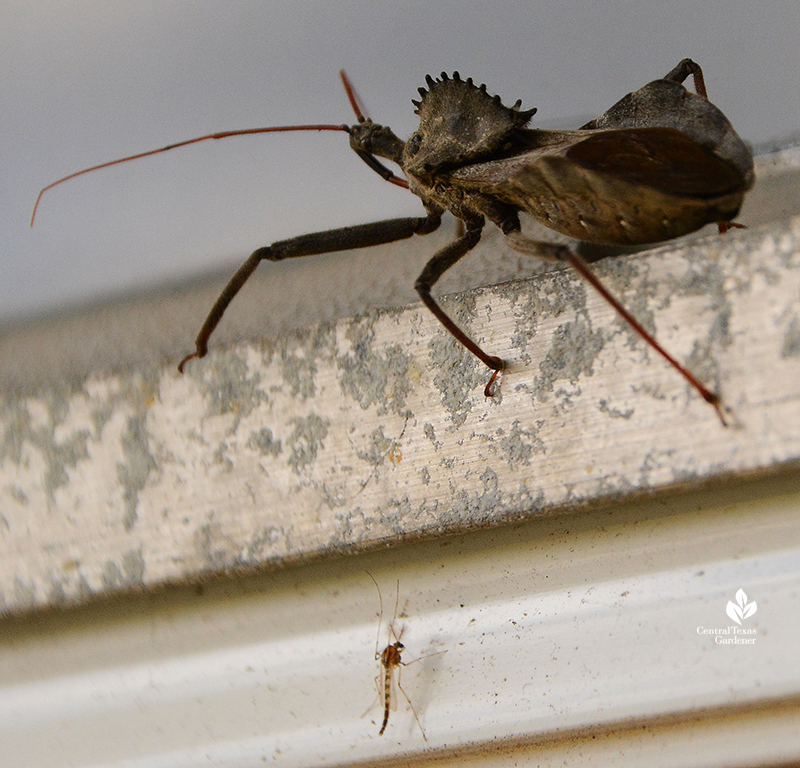
Attract and keep a diverse team by allowing natural habitats from the ground up and by choosing plants that supply food in all seasons. My yaupon holly tree’s spring flowers feed pollinators. In fall and winter, mockingbirds grab the fruits and cedar waxwings clean out the rest when they migrate north in February.
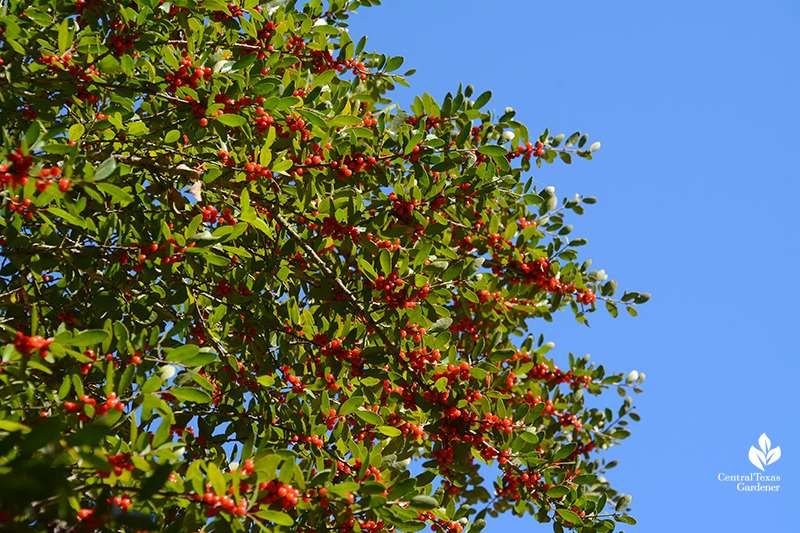
This mockingbird was heading to lunch when I got in line first with the camera, but it was back soon.
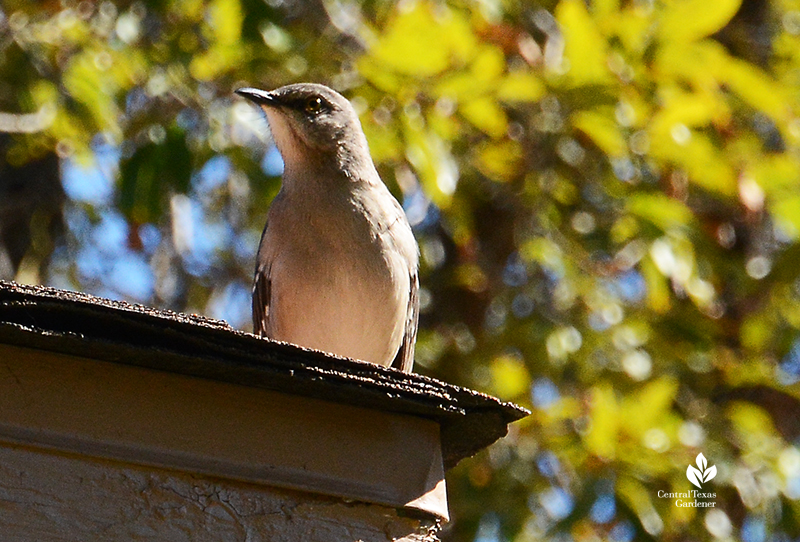
Working with nature, rather than against it, has made a huge difference in my yard. Never do I get infestations like I did in the early years, when June bugs made patio life impossible and I collected snails by the bucketful. One of my first CTG lessons was when we visited Carolyn Panak’s garden, then president of Austin Organic Gardeners. When she spotted a tomato hornworm, she told me, “This is how I deal with pests like this. Squish.” With her bare hands! It took me a few squeamish tries, but eventually I did it myself.
The Austin Organic Gardeners have always been a part of CTG, though many segments were recorded before archival permanence. Organic farmer Tim Miller has been a long-term mentor, along with Forrest Arnold (here with Tom Spencer), and Venkappa and Ratna Gani.
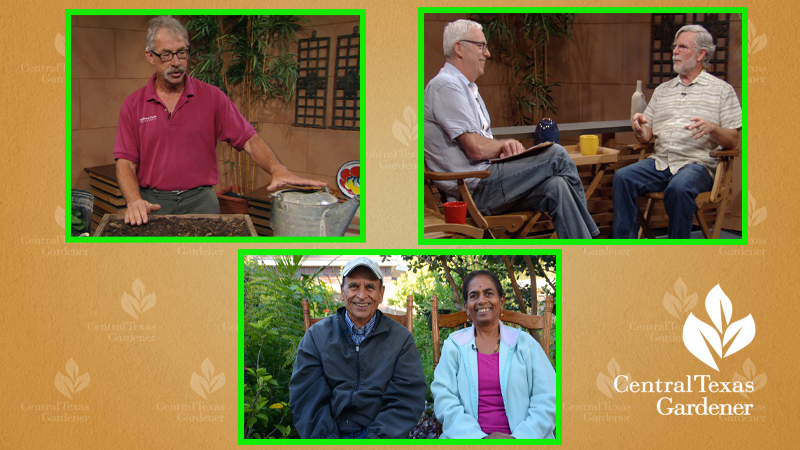
In 1945, AOG members met in each other’s homes until the Austin Area Garden Center at Zilker Botanical Garden was built in 1965. During the pandemic, they’ve resumed monthly meetings at home via Zoom talks, reaching a larger audience than ever before.
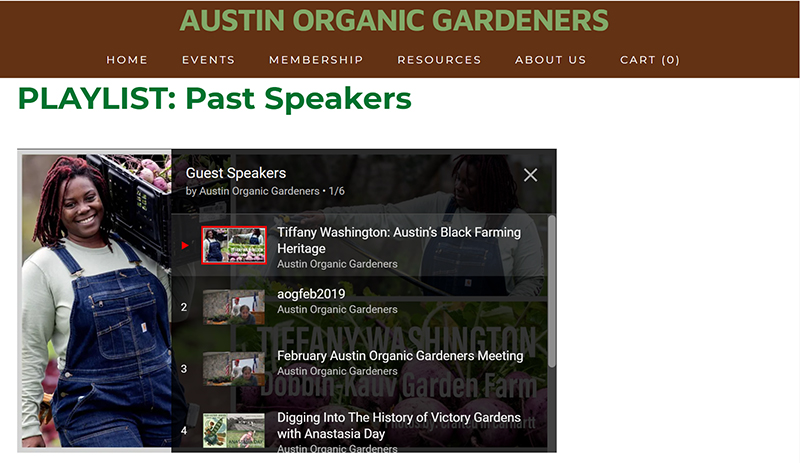
Watch their fantastic hands-on videos created for the 75th anniversary, produced, shot, and edited by Angel Schatz, Vice President of Austin Organic Gardeners. Also thanks to Ben Bertram for his video contribution!
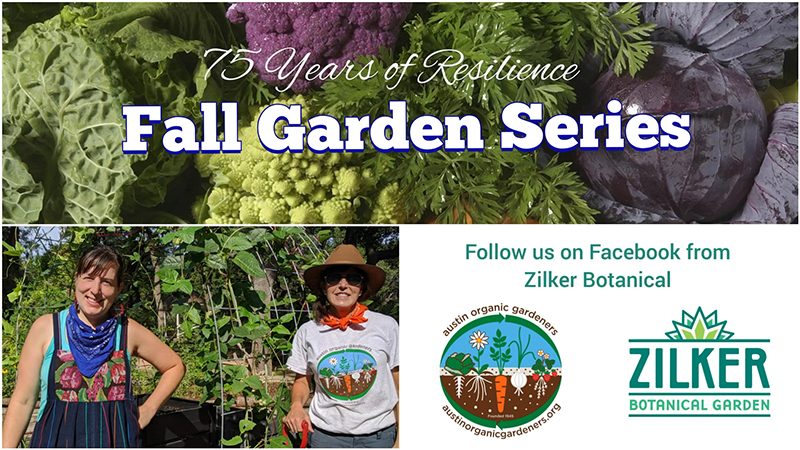
You can also volunteer at AOG’s Zilker Botanical Teaching Gardens to safely learn in person. Check out their website to sign up, view resources, watch videos, and become a member (less than $11/year!).
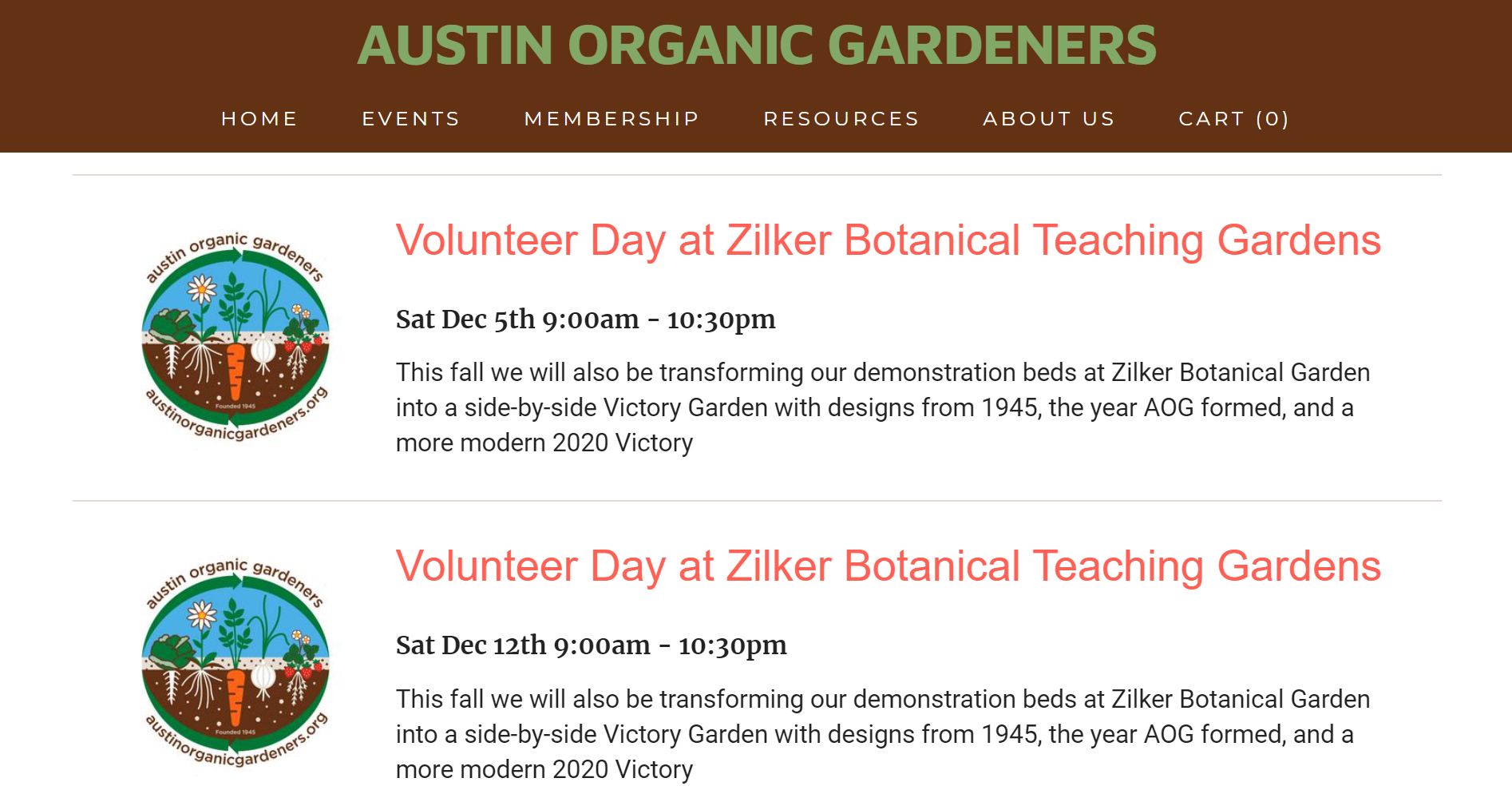
Mary invites you to follow the Austin Organic Gardeners on Instagram and Facebook, where they also host a very active Facebook group. “I think when we really develop our inner world which the pandemic has forced us to do, we realize the most important thing is feeding ourselves well, and having a relationship with our food in the environment.”
Watch now!
Thanks for stopping by! See you next time, Linda
tags:







